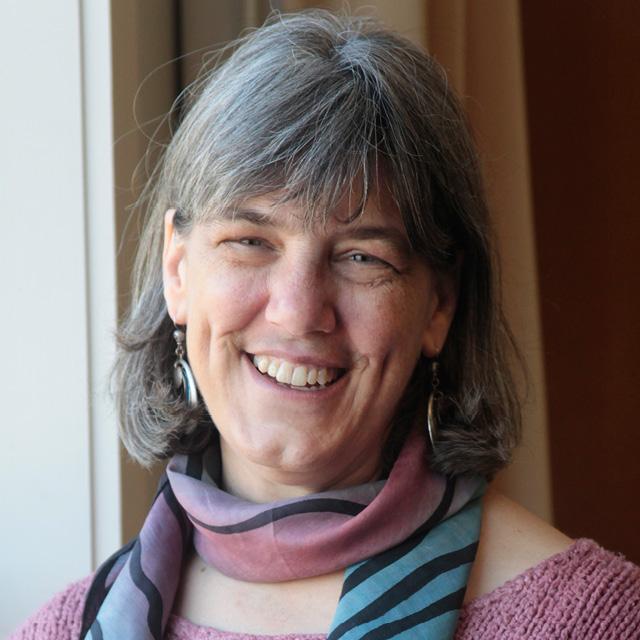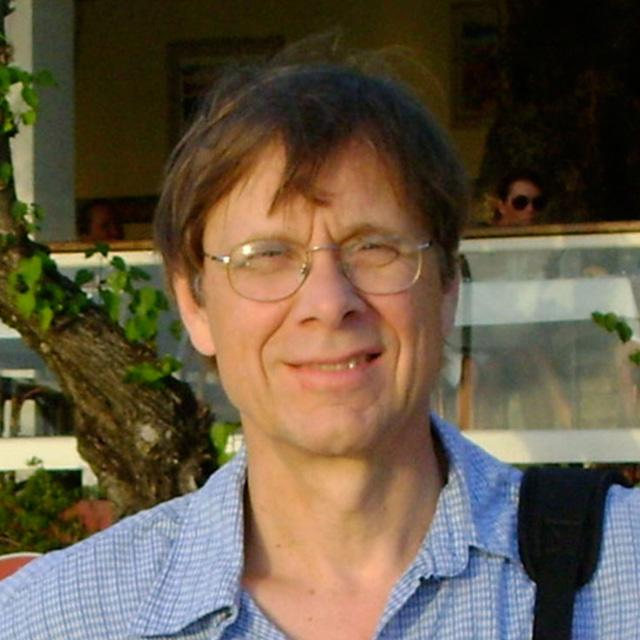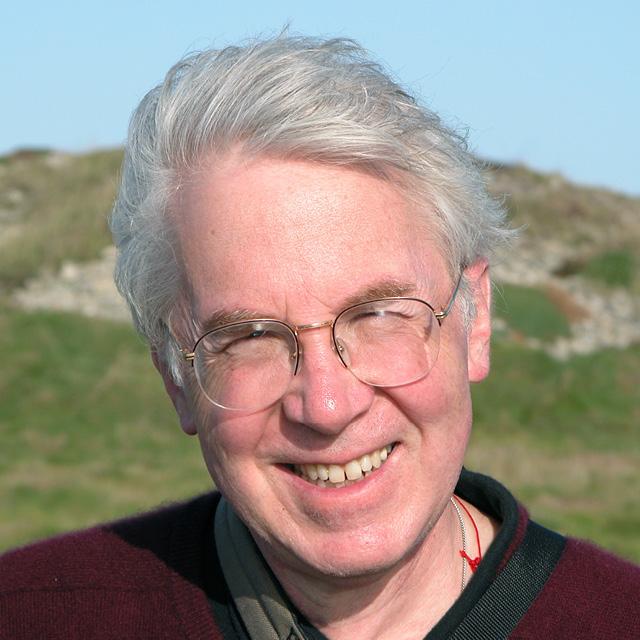Religion
Religion has played a major role, positively and negatively, in the formation of human culture around the globe.
The study of religion at Hampshire is interdisciplinary and interdenominational, allowing exploration of the ways religion has shaped our history, political life, social and cultural institutions, literature, arts, sciences, and even the languages we speak.
Students may focus on a specific religion or on co-evolution of multiple religions in a particular area of the world, may integrate spiritual perspectives into a study of healing, gender, or environmental sustainability, or may critically analyze a sacred text. Respectful of the complexity of their subjects, all bring to their work an awareness of the wider-world implications.
Associated Faculty
Student Project Titles
- En'Raptured: A Study of Rapture and the Premillennial Dispensationalist Movement
- Encountering Devi: An Investigation of the Hindu Goddess Through Mythological and Political Contexts
- Path of the Dharma Farmer: Seeking a Sustainable Spirituality
- Lacan, the Buddha, and the Self: Finding Meaning in Religion and Therapy
- Detour to Calvary Hill: Silk Screen Prints Inspired by Two Thousand Years of the Catholic Imagination
- Young Evangelical Christians' Perspectives on Politics, Pluralism and Sex Issues: an Ethnographic Study of the University of Massachusetts Chapter of Campus Crusade for Christ
Sample First-Year Course
Exploring the Divine Feminine
The earliest evidence of religious imagination suggests that the source of all life, death, and rebirth, the power of creation, sustenance, destruction, and re-generation, was first understood as feminine. Goddess worship, arguably the original "religion" of the human species, has survived not only in memory but also in practice to the present day, despite the hostility or indifference of virtually every "world religion" of the past several millennia. This class will look closely at a number of prehistoric and ancient goddess traditions from Europe, the Near East, and South Asia, examining their ancient forms and their enduring legacies. More specifically, this class will begin in the painted caves of prehistoric France and end on the streets of contemporary Kolkota, home to the largest and most vital Mother Goddess festival in the modern world, the Festival of Ma Durga.
Sample Courses at Hampshire
- American Religious Experience: Literary and Historical Perspectives
- The American Transcendentalists
- Asian Religious Texts and Traditions
- Augustine
- Buddhism, Hinduism and Christianity in the U.S.
- Buddhist Traditions
- Culture, Religion, and Environmentalism
- Daoism, Shamanism, and Shinto: Indigenous Religions of East Asia.
- Decoding Zen Buddhism
- The English Bible
- Exploring the Divine Feminine
- High Spirits: Reading and Writing about Spiritual Experience
- Intro to the Buddhist Meditation Tradition
- Intro to Tibetan Religion: The Four Schools of Tibetan Buddhism
- Mystics and Texts
- Myth and Myth Theory
- Myth, Belief, and Reality in World Literature
- Nuns, Saints, and Mystics in Medieval and Early Modern Europe
- Religion in Modern India
- Religious Experience and Literary Form
- The Rise of Secular Jewish Culture
- Topics in Comparative Religion
- Sacred to the Secular: The Performing Arts of Asia
- Science in the Islamic World
- Text, Canon, Tradition: Scriptures and Their Emergence in World Religions
- Theories of Religion
- Yoga Traditions: Philosophy, Practice and Narrative



No comments:
Post a Comment